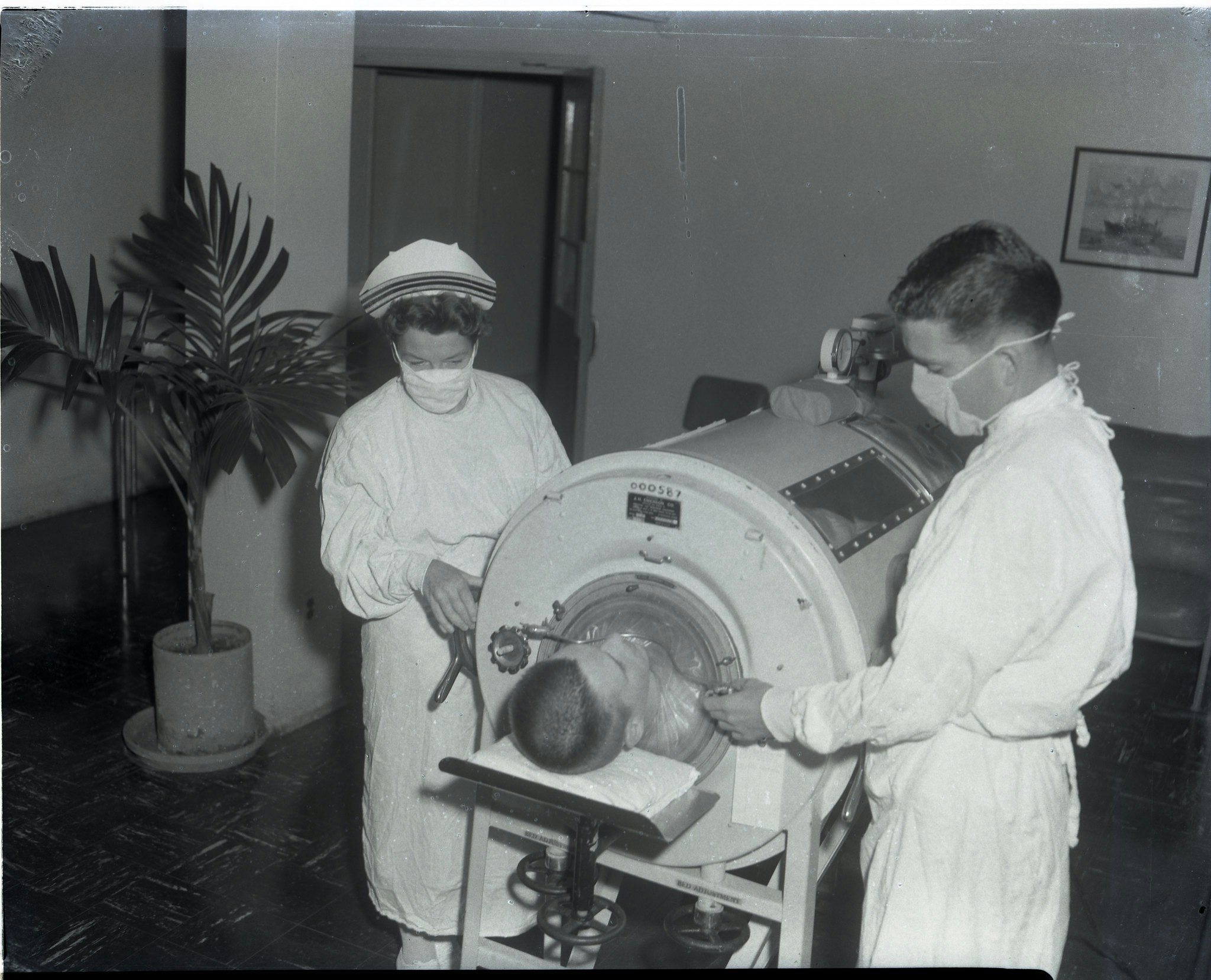Healthtech — the intersection of life sciences and technology — is one area in which Europe has the potential to create world-leading companies.
Like most emerging ecosystems, however, there are challenges. One in particular is having big implications for the long-term success of healthtech companies: founders are giving away too much equity at the company’s inception.
Even worse, most founders are not aware that when they give away large chunks of their business, it makes it very difficult for some venture capital investors to invest.
Amber flags
To give an example, Company X pitched to LocalGlobe seeking seed stage funding last year but the founders had already given away 75% of their company to angel investors and institutions. If we had invested at this stage, we would have had to dilute the founders and earlier investors further. Down the line, it would also have made it almost impossible for later investors to put money in without restructuring the cap table.
Like many other venture capital investors, we want the company (essentially the founders plus team) to still own at least 50-60% of the business when we come to invest.
Founders giving away too much equity to angels is not just a huge problem for VCs. It is also a problem for the founders who agree to it, although they rarely realise until it’s too late. In the case of Company X, we liked the potential of the technology and the deep sector expertise of the team, but we had to pass.
I am not the only investor who recognises this issue.
I’ve spoken to dozens of other investors in the UK — and we estimate that about a fifth of healthtech companies fall into this category. This means that otherwise promising companies are struggling to raise seed funding.
“I have seen several cases where the founding team has taken excessive dilution at an early stage,” says Tom Moon at London-based venture capital firm MMC. “This is an amber flag for us because founders don't have a meaningful enough stake in the company and it becomes increasingly problematic with each equity raise.”
Andrew Elder at fellow venture capital firm Albion says: “We always aim for more than 30% with founders where the founder team are critical to the long-term success of the company and when it is seed, we want founders to still have 50%, after we have invested.”
Founders need skin in the game
For global, impactful healthtech companies to be created, the founders and the team that is actually building the company need to retain as large a share of the incentive and reward structure as possible.
The road to a large outcome can be long (and dilutive), so reducing the skin in the game early reduces incentivisation.
“The road to a large outcome can be long (and dilutive), so reducing the skin in the game early reduces incentivisation,” says Irina Haivas, partner at European venture capital firm Atomico. Investors worry that if founders don’t own a significant portion of their business, they might be tempted to jump ship when the going gets tough.
“Cap tables also reflect the balance of power,” adds Haivas. “You want the founder to run the company and have real influence on the key decisions, not the investors.”
Spin-outs
Some investors are, however, comfortable with lower founder ownership levels, especially where the company is a therapeutic 'spin-out' with academic founders who have been replaced by a professional management team brought in early. Life science and biotech companies have been using this model for decades.
Tech transfer offices at universities typically retain more ownership in life science companies because they usually take years to develop. Many cofounders of spin-outs retain their academic position and salary and are happy to be rewarded for their entrepreneurial activity with a small equity kicker. In addition, salaries for cofounders in life science startups are often higher than they may be for early-stage tech cofounders. But the downside is that a chief executive can sometimes be left with a low single digit percentage ownership of the company.
For those spin-out founders who want to stay and make a go of building a company, a lengthy negotiation with their university tech transfer office may ensue, for which they may receive little independent advice and support. Not surprisingly, the most ambitious founders can become very frustrated, and even decide to leave the UK.
For some time now entrepreneurs who start in a university lab have questioned the way that things have been done, particularly since UK universities tend to take a much higher proportion of equity than US ones. Back in 2015, a Nature Biotechnology article revealed the concerns around equity stake negotiations.
Change is happening, but greater awareness about the implications of this problem can only help. If venture capital investors find backing university spin-outs challenging because of the ownership expectations of the institution then ultimately we will see patchy commercialisation of research that could really help improve patient care, as well as our ability to build healthtech winners.
One of my fellow investors, Vishal Gulati at European venture capital firm Draper Esprit, believes that much of the best science in UK universities remains unexploited. For those of us who believe that bringing life sciences and tech together could eventually make a huge difference to patient outcomes, we need to fix this problem.


